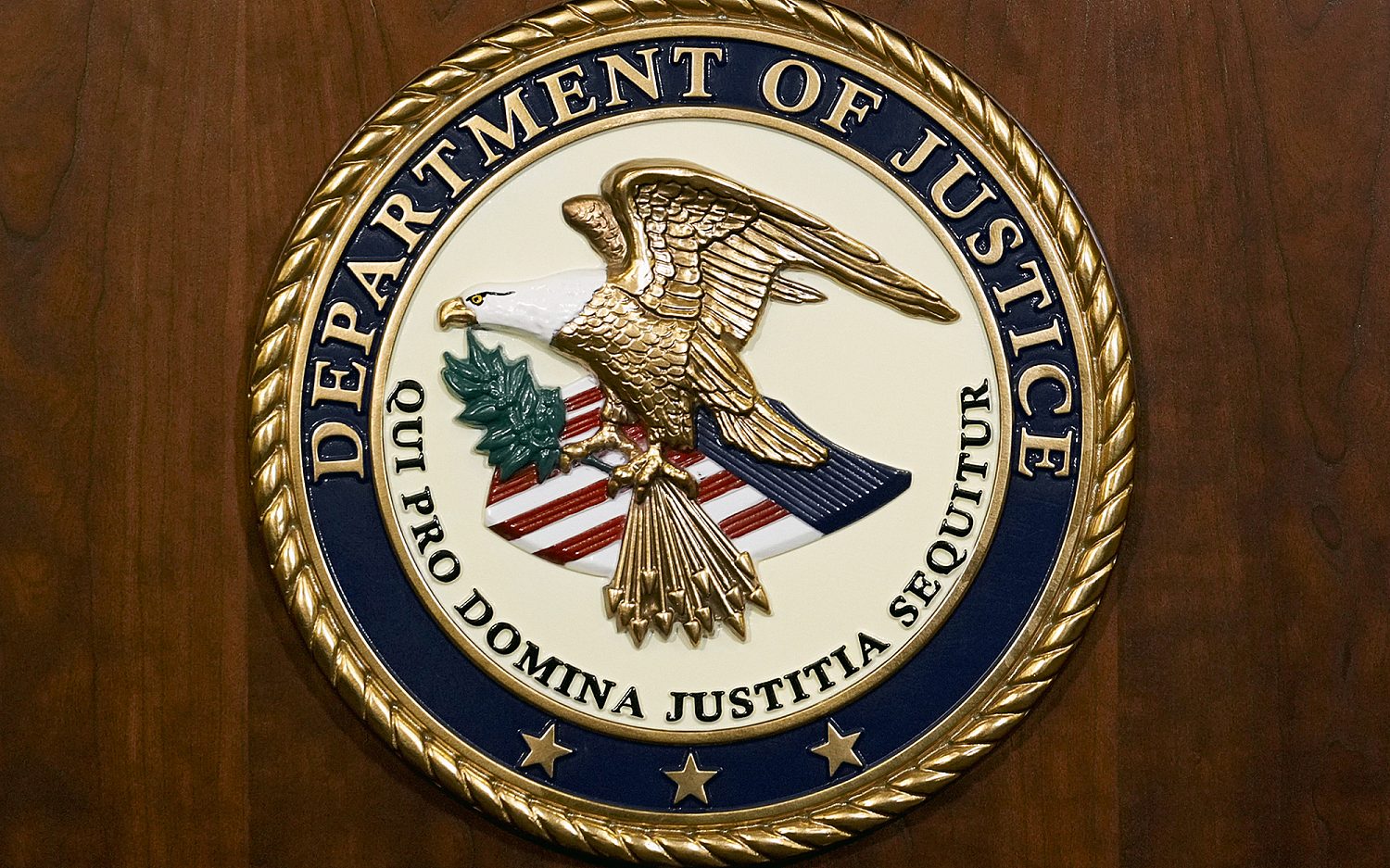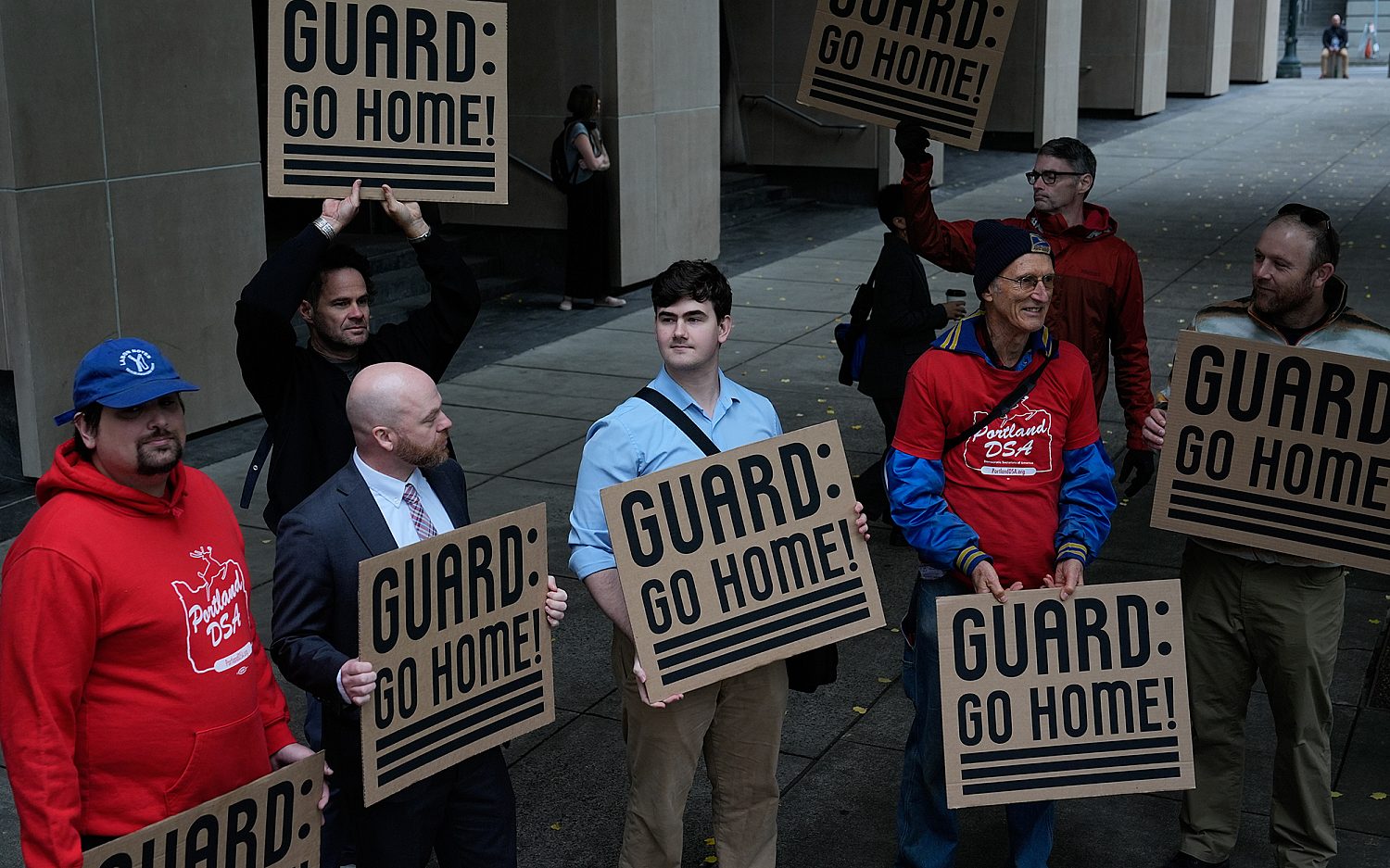Reports highlight international corruption, U.S. complicity
A pair of new reports are shedding fresh light on the business of international corruption and the United States’ complicity in it.
This week, the International Consortium of Investigative Journalists (ICIJ) released leaked documents showing HSBC, the world’s second-largest bank, profited from doing business with nefarious characters from around the globe—including terrorists, arms dealers who channeled mortar bombs to child soldiers in Africa, henchmen for Third World dictators, and various international outlaws.
The files show the inner workings of HSBC’s Swiss arm, including private accounts totaling some $100 billion, and revealed HSBC employees actively helped clients shelter money and avoid paying taxes. According to French authorities, who first received leaked HSBC documents in 2010, more than 1,400 account-holders have U.S. connections and hold a combined $16 billion.
“While the leaks do really expose a culture of corruption at HSBC, it seems almost unfair at this point to single them out,” said Joshua Simmons with Global Financial Integrity (GFI), an international research organization WORLD profiled in November as part of a four-part series on international financial transparency. Simmons noted UBS, Credit Suisse, and other major financial institutions are either under investigation or reaching settlements for illegal financial activity, but no employee or executive has been prosecuted: “Until the U.S. Department of Justice—and financial regulators worldwide—begin holding individuals accountable for their actions, we’re going to continue living in a financial wild west.”
HSBC at first demanded ICIJ destroy the documents, but it eventually acknowledged “past failures” while insisting it has “fundamentally changed” the way it does business. The bank currently faces criminal investigations in the United States, France, Belgium, and Argentina.
The ICIJ report came on the heels of a New York Times investigation that revealed wealthy foreigners, including more than a dozen who are suspected of illegal activity, are increasingly using U.S. shell companies to purchase multimillion-dollar homes in the heart of New York City. Last year, among roughly $8 billion in annual New York City home purchases of at least $5 million, anonymous shell companies purchased more than half of them.
Critics point to lax U.S. incorporation laws as one of the chief ways corrupt foreign actors are able to easily stash their ill-gotten gains. According to GFI, anonymous companies, tax haven secrecy, and trade-based money laundering help drain almost $1 trillion in illicit money out of the world’s poorest countries every year.
“Illicit financial flows are the most damaging economic problem plaguing the world’s developing and emerging economies,” said GFI’s Simmons.
An actual newsletter worth subscribing to instead of just a collection of links. —Adam
Sign up to receive The Sift email newsletter each weekday morning for the latest headlines from WORLD’s breaking news team.





Please wait while we load the latest comments...
Comments
Please register, subscribe, or log in to comment on this article.